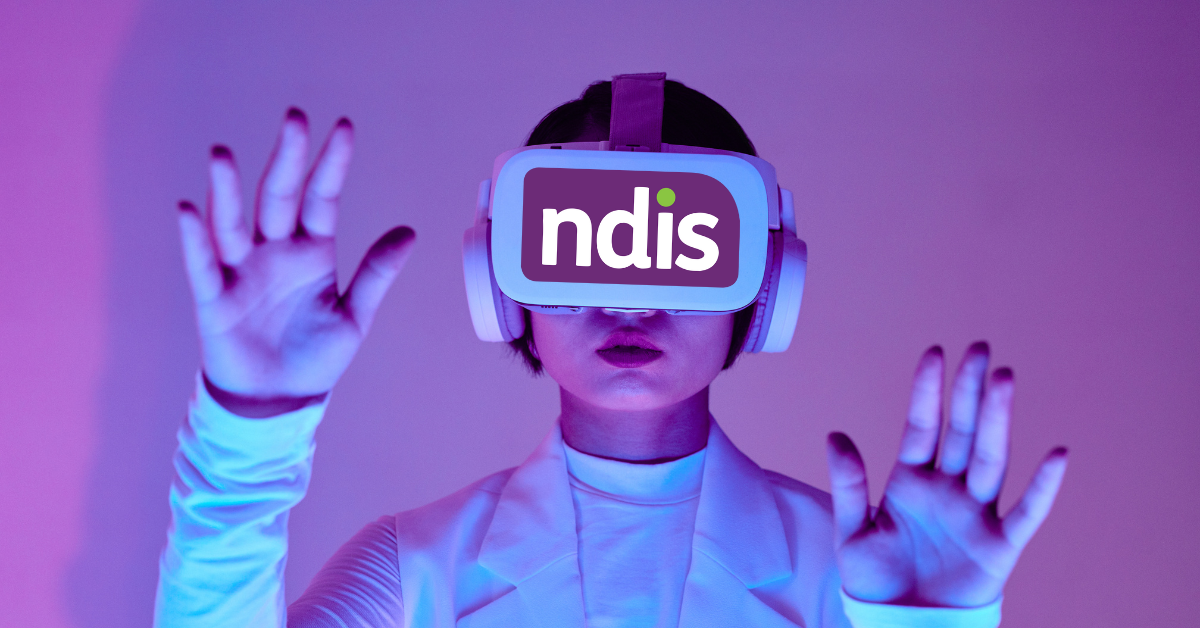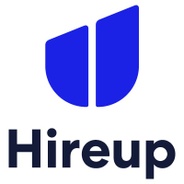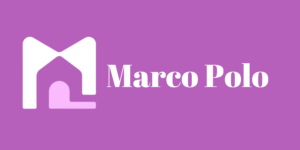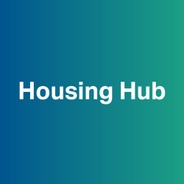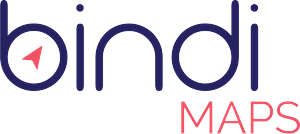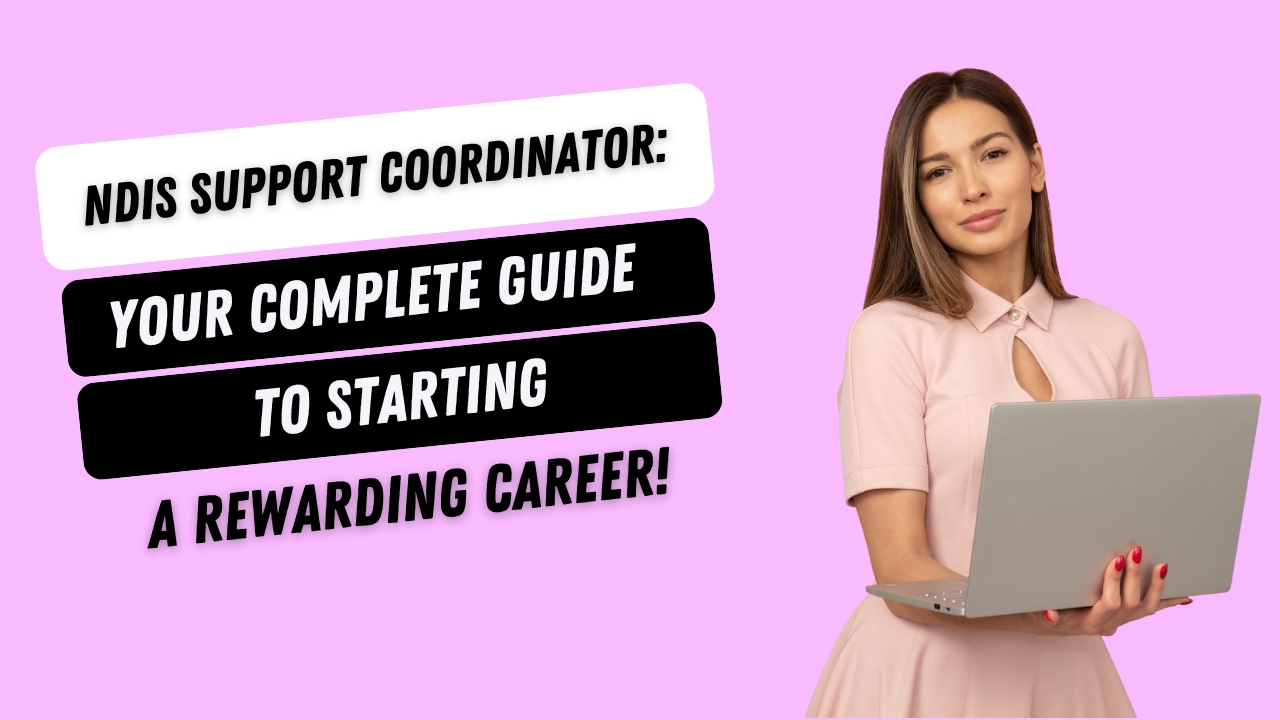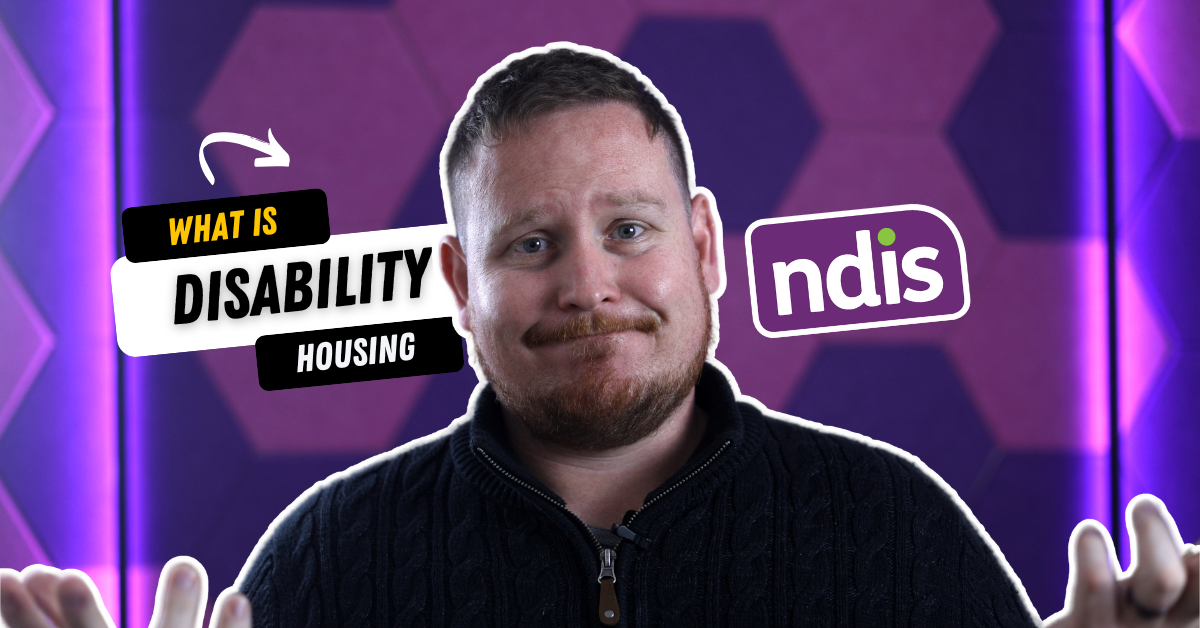The Australian disability sector has seen significant advancements with the emergence of innovative platforms designed to enhance the lives of individuals living with disabilities. These platforms offer a range of services; from connecting users with support workers, finding suitable housing, to providing employment opportunities and navigating indoor and outdoor spaces. These are the top 10 Innovative disability platforms to keep your eye on:

What it does:
Hire Up connects individuals living with disabilities to support workers, allowing users to find, hire, and manage their own support staff. This platform empowers users by giving them control over their support arrangements. Hire Up is a true digital provider in the fact that its support workers are considered employees not contractors.
Pros:
- Flexibility: Users can choose their support workers based on their specific needs and preferences.
- Affordability: Direct hiring of support workers can be more cost-effective than traditional agencies.
- User-friendly: The platform is designed to be easy to navigate, making it simple for users to find and hire support workers.
- Large network: A broad network of support workers increases the likelihood of finding a suitable match.
- Registered Provider: Hire Up is a registered Provider unlike some of its competitors this aids in ensuring a certain level of quality
Cons:
- Regional Limitations: Availability of support workers can vary significantly depending on the user’s location.
- For NDIS providers it can be costly as they charge just under the NDIS price guide.
Price:
Service fees are included in the hourly rates of support workers. Click here for in-depth pricing

What it does:
Clickability is an online directory of disability service providers, enabling users to rate and review services. It aims to improve transparency and help individuals make informed choices about the services they use. They have a unique advantage that providers are reviewed by its users.
Pros:
- Transparent Reviews: Provides honest feedback from other users, aiding in decision-making.
- Wide Range of Services: Covers a broad spectrum of disability services.
- Easy Navigation: The platform is user-friendly and easy to search for specific services, with the ability to use a map search function.
- Provider Vetting: The platform does have some vetting features to ensure they know the basics of NDIS Supports
Cons:
- Subjective Reviews: Reviews can be subjective and may not always accurately represent the quality of service.
- Limited Listings in Some Areas: Some regions may have fewer service providers listed.
Price:
Free for participants and Coordinators . Service providers pay a fee to list their services on the platform. they have a choice of 3 different pricing packs
1. Starter – $59 per month
2. Accreditation plus – $109 per month
3. Enterprise – $333 per month
next up in the Top 10 Innovative Disability Platforms:

What it does:
Tender Australia connects Support Workers with support providers for home care and support services, helping users find well trained Support Workers. Support workers can tender out their services to providers and find the provider that best suits the workers expectations.
Pros:
- Personalized Matching: Worker matching with Providers in their area.
- Worker and Provider friendly Platform: Easy to navigate and find appropriate adequately skilled support workers for your business
- No ABN required: Tender is Support Worker employment platform, No ABN is required to get the rate you are seeking as a qualified support worker.
Cons:
- Limited Information: May provide limited details about each service provider, requiring further research by users.
- New to Market : The platform has just launched so currently has a limited user base
Price:
The whole point of this platform is that both support workers and Support Providers can negotiate a rate of pay for Support Workers.
Providers pay a subscription fee to use the platform

What it does:
Marco Polo Portal is an NDIS Participant Housemate Matching Platform, the platform is designed to empower participants to make their own choices around housemates and empowers them to find high quality housing providers.
Pros:
- Participant Empowering: The platform empowers participant to make their own choices around housemates and providers
- People Focused: The Platform focuses on matching people with one another rather than participants selecting properties
- Supports all stakeholders: The platform enables real choice and control for participants, allows support coordinators to save time and providers to become more profitable.
- Does the Heavy Lifting: The platform is designed to facilitate matches that last a lifetime and work within the NDIS Framework, making it easier for Providers to start delivering services
Cons:
- Complexity: The process to sign up can be long due to the depth of questions.
- New platform: The platform was releases in July of 2024, it may have limited users in the short term.
Price:
Marco Polo is free for Participants & Support Coordinators.
Providers have 3 simple options of Subscription Pricing
Small Provider – $250 per month
Standard Provider – $500 per month
Annual Plan – $5,000 per year

What it does:
Housing Hub helps individuals with disabilities find suitable housing options, including specialized disability accommodation (SDA).
Pros:
- Comprehensive Listings: Offers a wide range of housing options tailored for people with disabilities.
- User-friendly Search Filters: Allows for easy searching based on specific needs and preferences.
- Available Properties: The platform focuses on helping participants find properties that match their preferences and funding.
- All Housing options: Housing Hub provides properties to buy, rent, live in under SIL or ILO arrangements.
Cons:
- Property Focused: The platform is focused on disability properties rather than the people that live in them.
- No Provider Vetting: The platform does allow all providers to make listings on the platform, so the quality providers cannot be guaranteed
Price:
Free for up to 2 property listing.
Directory only $499 per year
Essential $900 per year
Growth $1,800 per year
Premium $3,600 per year
Prices not inclusive of GST
Some premium listing options are available for providers.
https://www.housinghub.org.au/
another one of the Top 10 Innovative Disability Platforms:

What it does:
The Field.jobs is an employment platform designed specifically for people with disabilities, connecting them to inclusive employers.
Pros:
- Inclusive Focus: Dedicated to matching individuals with disabilities to jobs in inclusive workplaces.
- Variety of Job Listings: Offers a wide range of job opportunities across different sectors.
Cons:
- Employer Limitation: Limited to employers who are participating on the platform.
- Cost to Providers: Currently available employment platforms are more cost effective.
Price:
Free for job seekers. Employers pay to list job openings.
https://www.thefield.jobs/Job/

What it does:
Kinora is an online community platform for individuals with disabilities, their families, and carers, providing a space for support, resource sharing, and expert advice.
Pros:
- Supportive Community: Fosters a supportive environment for users.
- Resource Sharing: Facilitates the sharing of useful resources and information.
- Expert Advice: Access to advice from experts in various fields.
Cons:
- Lack of Specific Service Information: May not provide detailed information on specific service providers.
Price:
Free to join and participate in the community.

What it does:
Ask Izzy is a government funded service finder platform. It can help participants and coordinators find services related to disability but also housing and other human services.
Pros:
- Completely free: Ask Izzy is a completely free platform. Many other platforms that are free for Coordinators and participants require Service Providers to pay a fee
- Comprehensive Services: Offers a wide range of support options, from disability services to food, housing domestic violence support to name a few.
- Extensive Database: Ask Izzy has an extensive services base with over 400,000 listed service providers.
Cons:
- Quality Assurance: no vetting of providers or services.
Price:
Ask Izzy is completely free

What it does:
Mable connects individuals with disabilities to independent support workers, giving users the ability to hire and manage their own care.
Pros:
- Flexibility: Users can choose their own support workers and manage their care arrangements.
- Wide Range of Workers: A large pool of support workers with varying skills and experiences.
- Cost-Effective: Can be more affordable than traditional care agencies.
Cons:
- Variability in Worker Quality: Quality of support can vary based on the worker.
- Non- registered Provider: Mable is not a registered provider and the support workers are contractors not employees.
- Price Guide non-adherence: Mable does not adhere to the NDIS price guide which can leave some self-managed participants out of pocket depending on rates negotiated.
Price:
Service fees are included in the hourly rates of support workers, which vary.

What it does:
Bindi Maps is an indoor navigation app designed for people with vision impairments, providing accurate indoor navigation.
Pros:
- Accurate Navigation: Offers precise indoor navigation using advanced technology.
- User-Friendly: Easy to use, with a simple interface.
- Enhanced Independence: Helps visually impaired individuals navigate indoor spaces independently.
Cons:
- Implementation Limitations: Limited to locations where the app has been implemented.
Price:
Free for users. Businesses pay for the implementation and maintenance of the system.
These platforms represent significant innovations in the Australian disability sector, addressing various needs from support services to housing and employment, ultimately enhancing the quality of life for individuals with disabilities.
Top 10 Innovative Disability Platforms highlighted in this article are revolutionizing the Australian disability sector by providing accessible, personalized, and efficient solutions for a variety of needs. From connecting individuals with support workers and finding suitable housing to offering employment opportunities and navigation aids, these platforms empower individuals with disabilities to lead more independent and fulfilling lives. As technology continues to advance, these platforms will undoubtedly evolve, offering even more sophisticated and tailored support to enhance the quality of life for those with disabilities.
